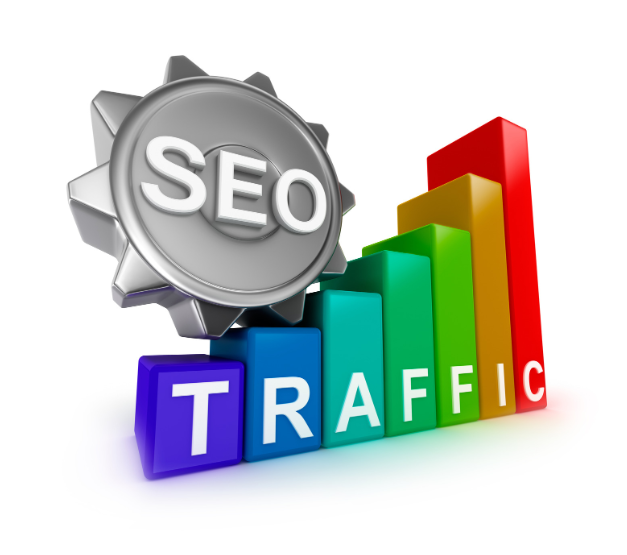Google Search Ads are a cornerstone of successful eCommerce marketing strategies. In today’s competitive digital landscape, understanding how to effectively leverage Google Search Ads can make a substantial difference in driving traffic, increasing conversions, and ultimately boosting revenue for eCommerce businesses. This blog aims to provide actionable insights and best practices to help eCommerce marketers optimize their Google Search Ads campaigns.
Understanding Google Search Ads
Google Search Ads, also known as Pay-Per-Click (PPC) ads, are text-based advertisements that appear on Google’s search engine results pages (SERPs) when users search for specific keywords related to the advertiser’s products or services. These ads are displayed above or below the organic search results and are designed to attract clicks from users who are actively searching for relevant information.
Key Components of a Google Search Ad:
- Headline: The primary title of the ad, which should be attention-grabbing and relevant to the user’s search query.
- Description: A brief description of the product or service being offered, highlighting its key benefits or features.
- Display URL: The visible website address that users will see in the ad.
- Ad Extensions: Additional features that can be added to the ad to provide more information or encourage specific actions from users.
Keyword Research
Effective keyword research is essential for optimizing Google Search Ads for eCommerce. By identifying the most relevant and high-converting keywords, advertisers can ensure their ads are shown to the right audience at the right time. Tools such as Google Keyword Planner, SEMrush, and Ahrefs can be invaluable for identifying profitable keywords and analyzing search volume and competition.
Ad Copywriting
Crafting compelling ad copy is crucial for capturing users’ attention and persuading them to click on the ad. Advertisers should focus on writing concise, persuasive headlines and descriptions that clearly communicate the value proposition of their products or services. Incorporating relevant keywords into the ad copy can also improve ad relevance and quality score, leading to higher ad rankings and lower costs.
Ad Extensions
Ad extensions provide additional information or functionality to Google Search Ads, making them more prominent and engaging for users. For eCommerce businesses, utilizing ad extensions such as sitelinks, callouts, and promotions can enhance the visibility of their ads and encourage users to take action, such as visiting specific product pages or making a purchase.
Landing Page Optimization
Optimizing landing pages is essential for maximizing the effectiveness of Google Search Ads. Landing pages should be relevant to the ad’s messaging and keywords, providing users with a seamless and engaging experience. Factors such as page load speed, mobile-friendliness, and clear call-to-action (CTA) buttons can significantly impact conversion rates and ROI.
Bid Management
Effective bid management is crucial for achieving optimal results with Google Search Ads. Advertisers should carefully monitor and adjust their bids based on factors such as keyword performance, competition, and budget constraints. Utilizing bidding strategies such as manual bidding, automated bidding, and bid adjustments can help eCommerce businesses maximize their ad spend and achieve their advertising goals.
Ad Performance Tracking and Analysis
Tracking key performance metrics is essential for evaluating the effectiveness of Google Search Ads campaigns. Advertisers should regularly monitor metrics such as click-through rate (CTR), conversion rate, return on ad spend (ROAS), and cost per acquisition (CPA) to identify areas for improvement and optimization. Google Ads and Google Analytics provide robust tracking and reporting tools for analyzing ad performance and making data-driven decisions.
Remarketing Strategies
Remarketing allows eCommerce businesses to re-engage with previous website visitors and encourage them to complete a purchase or take another desired action. By targeting users who have already shown interest in their products or services, advertisers can deliver personalized ads that are tailored to their specific interests and preferences, increasing the likelihood of conversion.
Testing and Experimentation
A/B testing is a valuable strategy for optimizing Google Search Ads and identifying the most effective ad creatives, landing pages, and targeting options. Advertisers should continuously experiment with different elements of their ads and closely monitor the results to determine which variations perform best. Iterative testing and optimization are key to maximizing the performance and ROI of Google Search Ads campaigns.
Takeaway
Mastering Google Search Ads for eCommerce requires a comprehensive understanding of the key components and best practices outlined in this blog. By implementing effective keyword research, ad copywriting, ad extensions, landing page optimization, bid management, ad performance tracking, remarketing strategies, and testing and experimentation, eCommerce businesses can create highly successful and profitable Google Search Ads campaigns that drive significant traffic, conversions, and revenue. Embrace these strategies, stay informed about the latest updates and trends in Google Ads, and continuously refine your approach to achieve long-term success in eCommerce advertising.
All roads lead to success with Google Search Ads, and the ultimate guide is none other than Web Boost Online. Seal the deal with the experts who know how to make your online presence shine.











